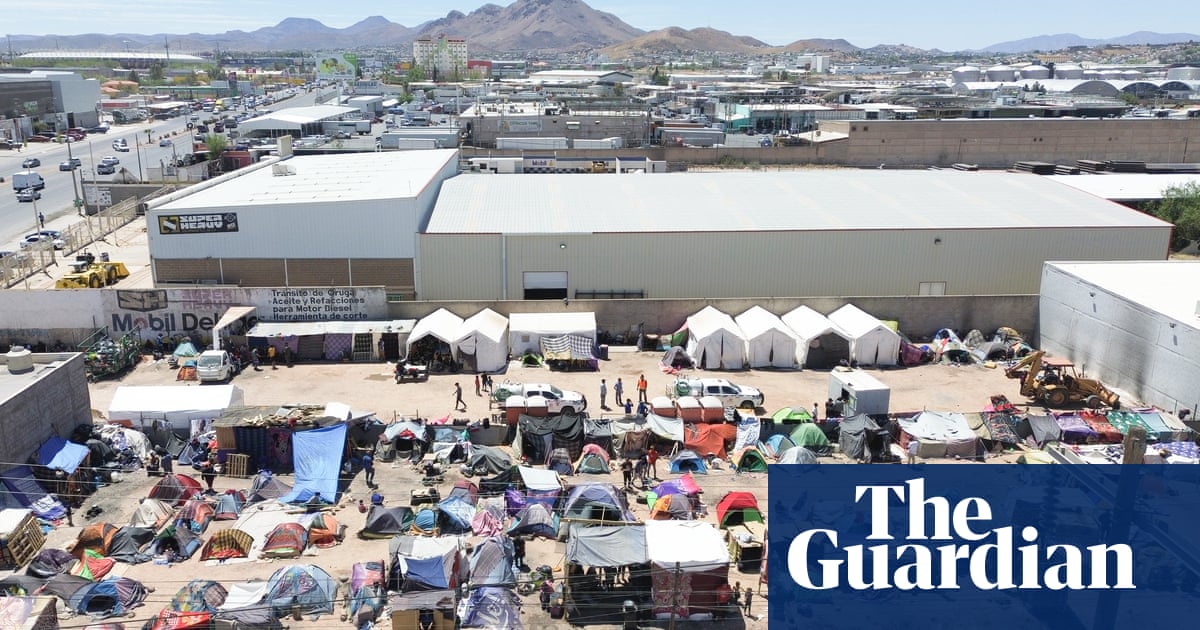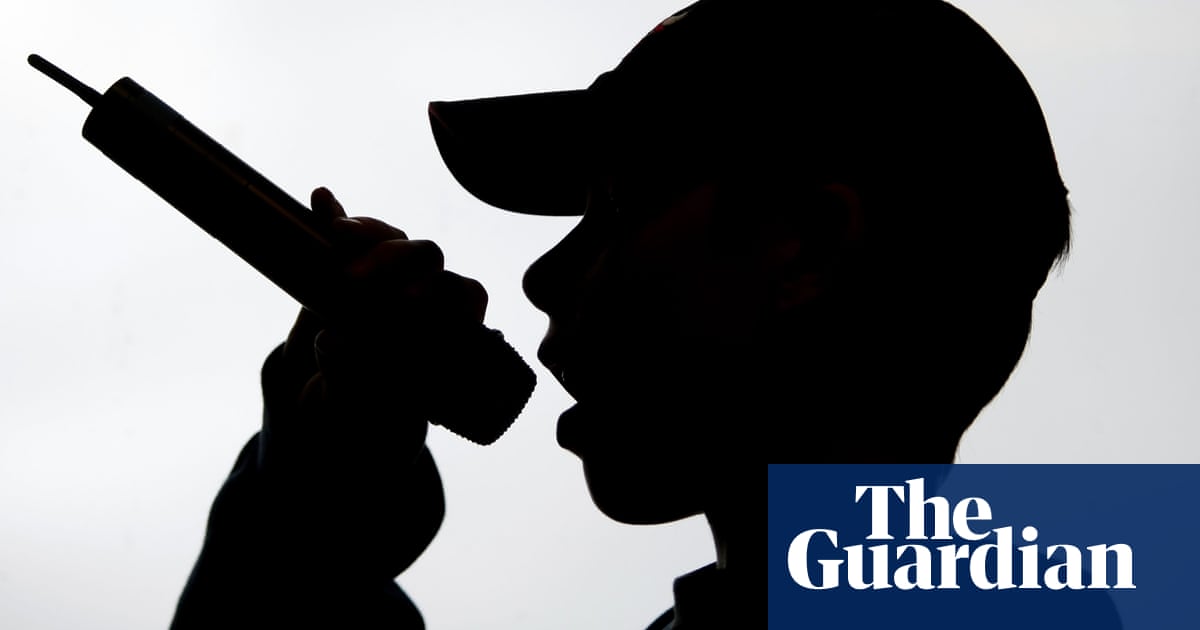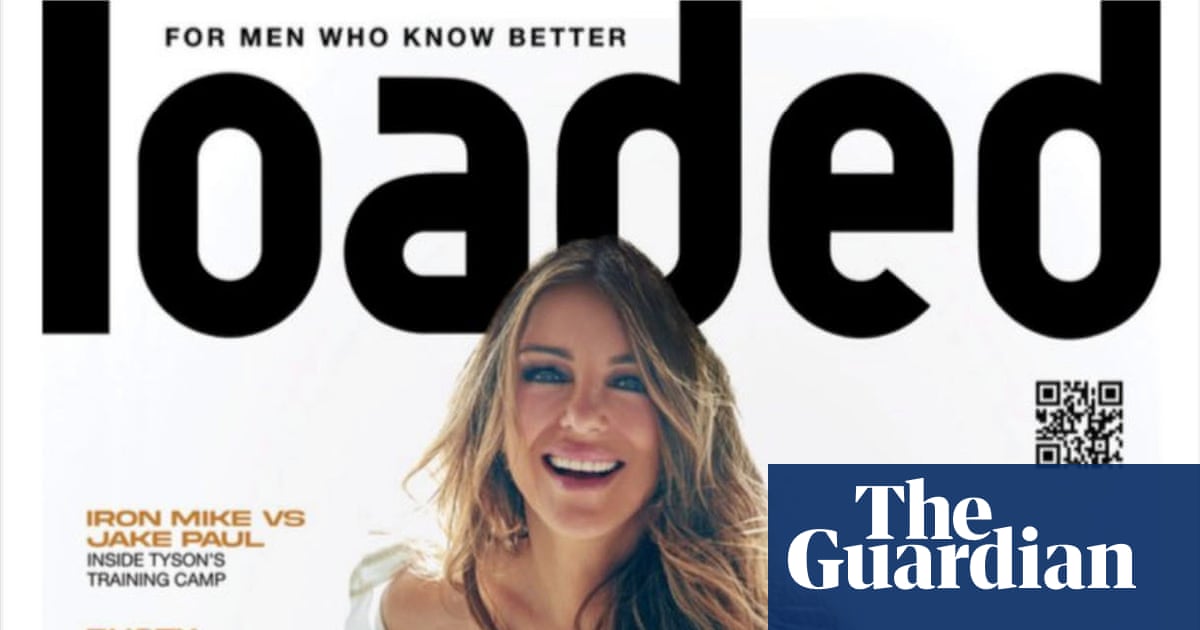
What inspired the stories that we hear in six barber shops across two continents in the play?
I was dating someone who was an epidemiologist and she talked to me about a counselling project for barbers, to teach them ways of spotting mental health issues while they were cutting hair. The organisation she was involved with wanted to offer mental health advice there and then, and there were no other black mental health projects out there.
This was a way of exploring the issues in a safe space and barber shops, for British black men, are a safe, sacred place where they can go to relax, escape racism and talk freely with no fear of being stopped, questioned or moved on by the police, which is a common experience in the world outside. In looking across six countries, I wanted to explore and showcase the multiplicities of African masculinities, although I was only looking at anglophone Africa, not Africa in its entirety.
What did your research involve?
I began it in 2009 – all my projects take a long time, with a lot of pruning and fine tuning! I travelled to each of the six cities that the play is set in [Lagos, Accra, Kampala, Johannesburg and Harare as well as the south London barber in Peckham] and I stayed for one week in each one. I arrived in South Africa the week Nelson Mandela died [in December 2013]. In each country I met the men who then became characters in the play. Sometimes I cleaned up their words or merged aspects of them with others but the characters are all versions of the men I met.
I actually spoke to one of them just last week. He lives in Johannesburg and I used his words verbatim in the play and also named a character after him. He has never seen the play before but will be able to do so when it is streamed online.
The cast is made up of 12 male actors who play 30 characters and it is clear that the play is focusing on all-male worlds. Did you consider adding female characters at any point?
We had conversations about this early on and I felt that any female character in the play would have been tokenistic by being on stage for a small morsel of time. I was also working on Three Sisters at the time, which centres on a powerful trio of female characters and I didn’t feel it necessary to just shoe-horn in a female character for the sake of it.
There is a lot of music and dance in the play, especially in transitions between scenes, and it seems central to the overall drama. How important was it for you and did you cite particular songs in your script or leave it to the show’s music composer?
I listed some of the songs in the script but Michael Henry, the composer, chose them too as well as the director, Bijan Sheibani, staff director, Stella Odunlami, and members of the cast. No one stayed in their lanes; it was a collaborative process. I also included song and dance because I know that this is the director’s language in creating theatre – there is lots of movement in his work. So when I was writing the play I had his aesthetics in mind and was writing to his particular skill-sets and palette.
African-Caribbean hair has become a politicised issue but it usually revolves around black women’s hair. Is it different for men?
Black men still suffer from this but hair politics is not as problematic for men as it is for women. So if you have dreadlocks in the wrong part of the world you can be killed for it, and there are economic stereotypes read into our hair, too. But women are dealt a far harder hand and they also have to contend with problematic beauty standards, which is a far more difficult thing.
What was the idea behind inviting the audience on stage beforehand for a haircut and did a lot of people take up the offer?
We weren’t giving real haircuts but we did have a trained barber who taught the cast all the basics of how to cut hair. On stage, the actors are miming the cutting of hair, although in one incident, an actor was miming in this way and he accidentally chopped a chunk of hair off, which got heated.
What we were trying to do was to democratise the space, welcome people on stage and in the process, to get rid of the fourth wall that separates the audience from the actors. These barber shops are sacred spaces and the black men in the audiences came knowing that. We wanted to say, “This is your space, these are your stories”, and it was important to invite them on to the stage for that reason, especially in a place like the National Theatre.
But I also wanted to welcome non-black, non-male audience members in the same way so they wouldn’t feel like they were eavesdropping into the world of the drama. I wanted to say, “You are all welcome” and even if the barrier between the stage and the auditorium still exists, it isn’t as stringent and enforced here as it is in some theatre spaces.
How does being a poet affect your job as a playwright?
I’m definitely more observant of language and arrested by imagery, by the power of the lone voice, by the sonics of storytelling and how much they can command an audience. Part of being a poet is trying to trust my audience’s imagination, to have the ability to speak a word and trust that it will take root in the depth of their imagination.
What has happened to your hair in this time of lockdown?
I’m balding so I shave it off every three days with a razor and some coconut oil. I’m not missing my barber for that reason but I am missing our conversations. I have decided not to touch my beard though, and it’s thicker than it’s ever been. This is my protest until they find a vaccination.
Barber Shop Chronicles streams on YouTube from 7pm on 14 May as part of National Theatre at Home. Available until 21 May.












